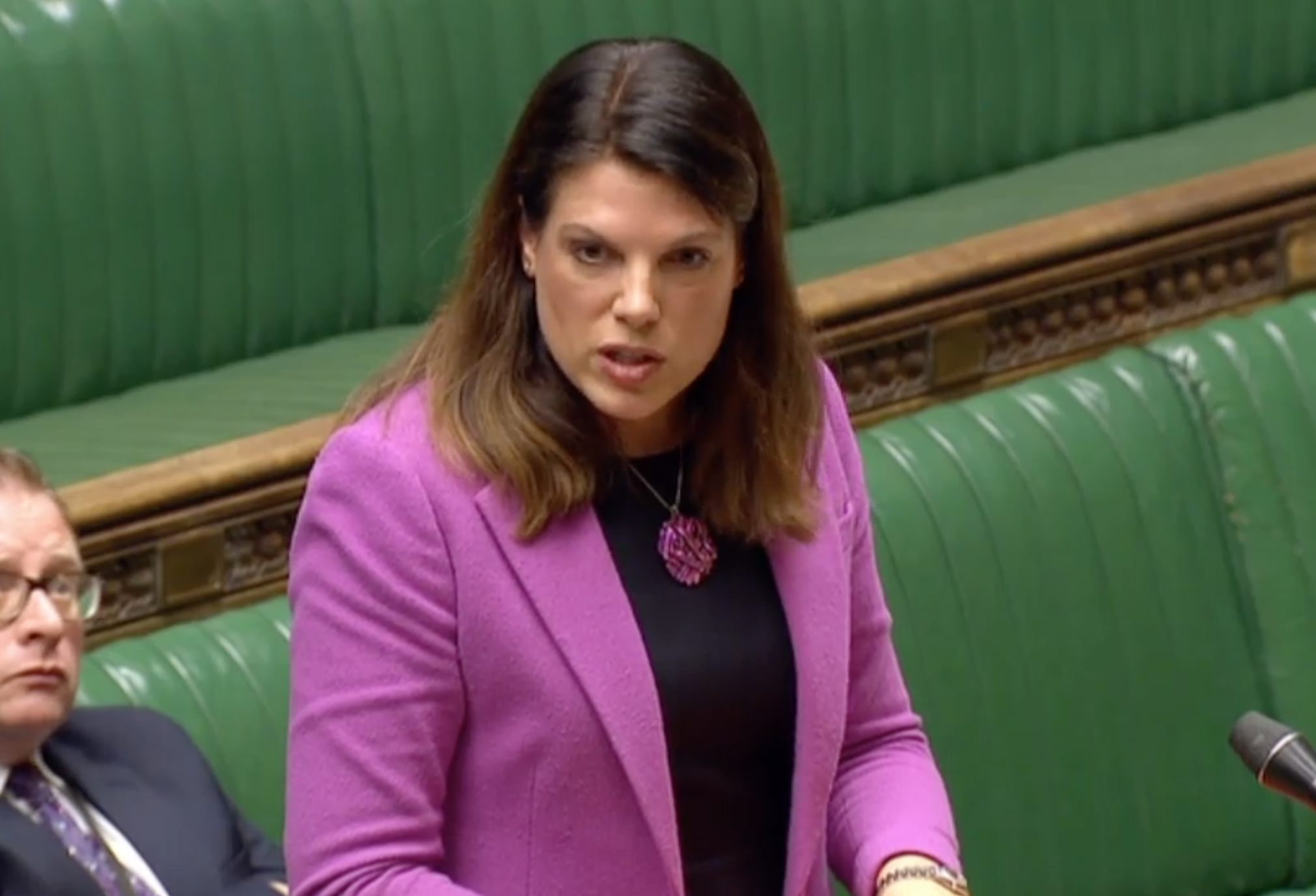Government defends not publishing impact assessment of scrapping housing benefit for young people
The policy comes amid warnings it could disproportionately affect LGBT people

The Government has defended its decision not to publish an impact assessment of its policy to scrap housing benefit for young people.
Charities have pointed out that the plan will save almost no money and could drive up homelessness, as well as disproportionately affect LGBT people or those estranged from their families.
But when the Government quietly published secondary legislation to enact the plan on Friday afternoon it provided no evidence that it had done any impact assessment.
Asked twice on Tuesday afternoon about why no impact assessment was published DWP minister Caroline Nokes first ignored the question, then respond after being asked again by a second MP.
“The Government has of course met all of its requirement under the public sector equality duty,” she told the House of Commons.
“Equality assessment information has been received and shared with the social security advisory committee who chose not to consult on this.”
Labour’s shadow housing secretary John Healey had asked the minister in an urgent question why no impact assessment had been published on the policy in an urgent question in the House of Commons on Tuesday morning.
Former Labour leader Ed Miliband described the lack of an assessment as “inexplicable” and scribed the plan as a “nasty, vindictive policy that will make injustice worse”.
On Monday homelessness charity Centrepoint estimated that the policy would make another 9,000 young people homeless. Recent research by Heriot-Watt University found that once exemptions were included the policy would save just £3.3 million pounds. Researchers calculated that just 140 young people would have to be made homeless by the change for knock-on costs to mean the policy actually cost taxpayers more money overall.
Responding for the Government Ms Nokes stressed the claimed limited scope of the policy and said it would tackle “perverse incentive to leave the family home and pass the costs onto a taxpayer”.
A series of exemptions included in the legislation include people classed as vulnerable, families, and those who have been in work for at least six months prior to claiming – as well as those working at least 16 hours a week.
Homelessness charities say in practice exemptions included by the Government for vulnerable people may be near useless as in order to prove an exemption to a landlord young person must first apply for housing benefit. In order to apply for housing benefit a person must be accepted by a landlord.
Mr Healey quoted the National Landlords Association, which warned last week that “never mind the nuances, all landlords will hear is that 18-21 year olds are no longer entitled to housing benefit”.
Theresa May last week defied reports that she would drop the policy and pushed ahead with the proposal, which will apply to new Universal Credit claims made after April 1.
Join our commenting forum
Join thought-provoking conversations, follow other Independent readers and see their replies
Comments
Bookmark popover
Removed from bookmarks